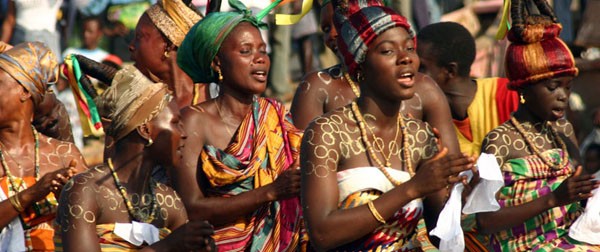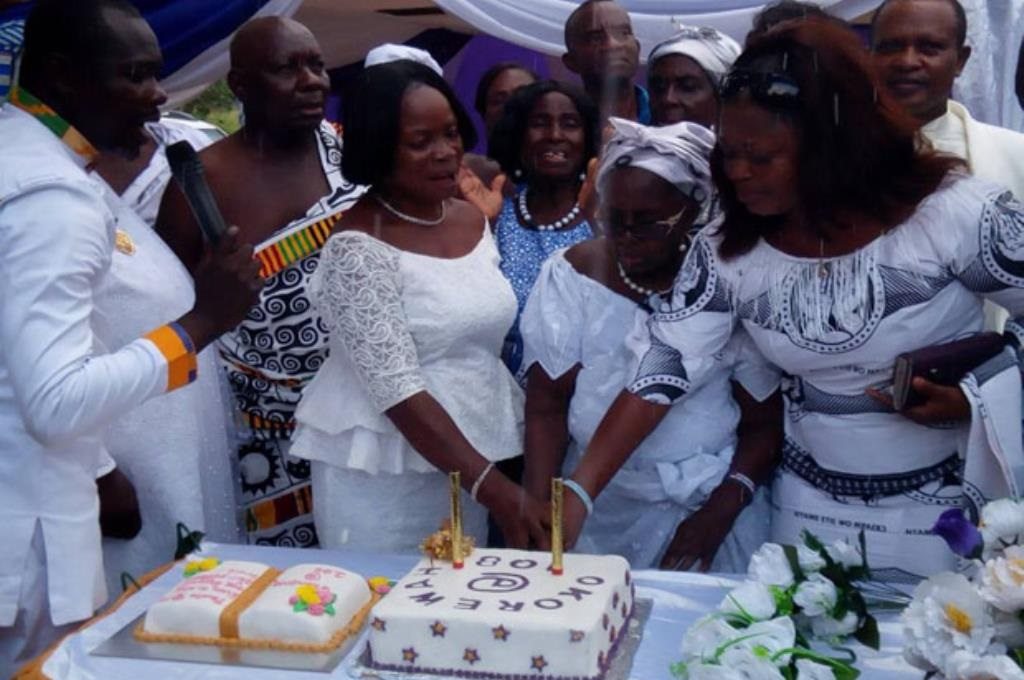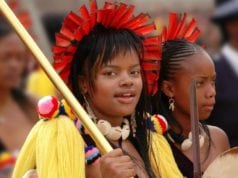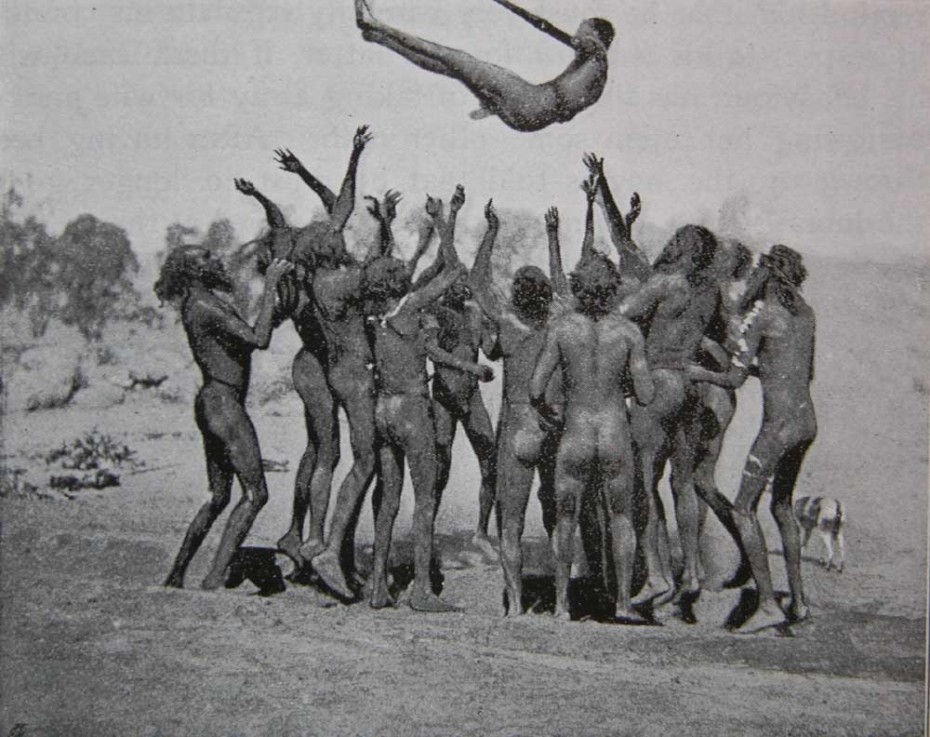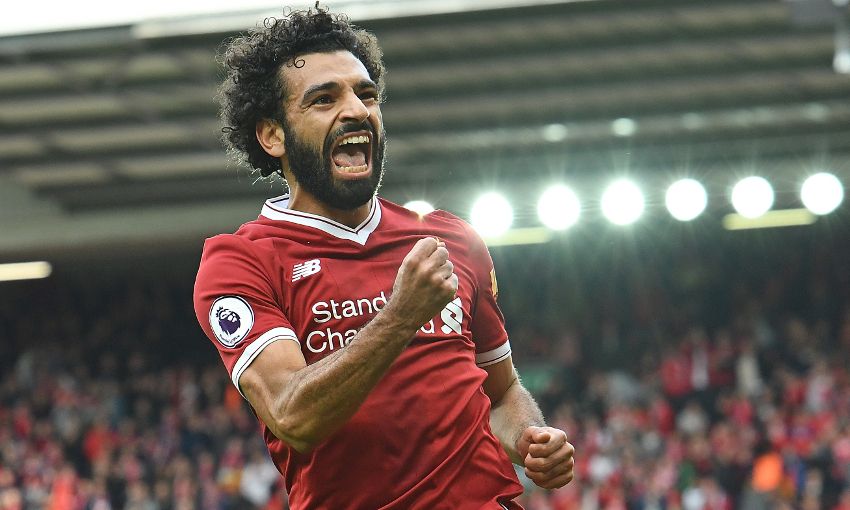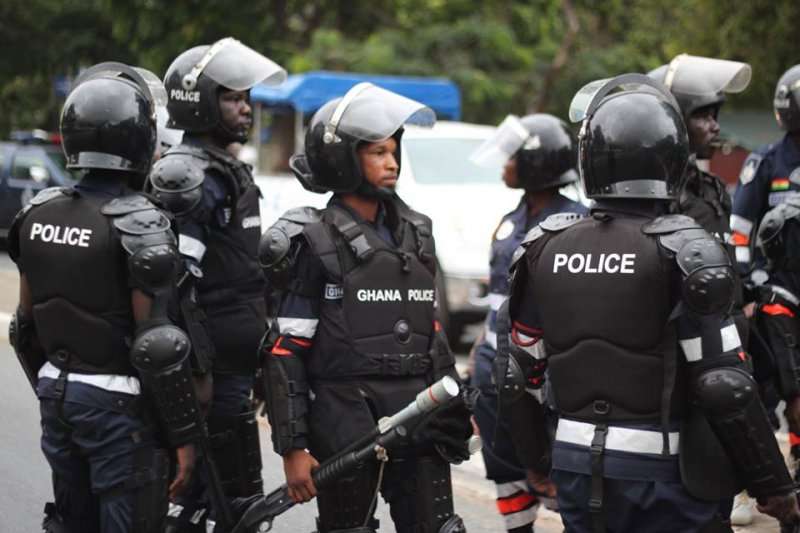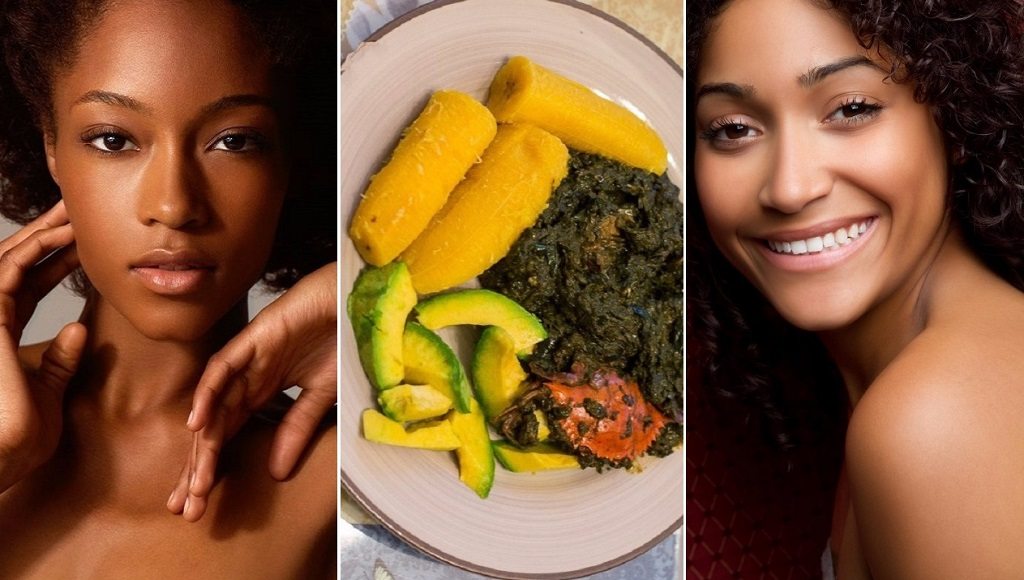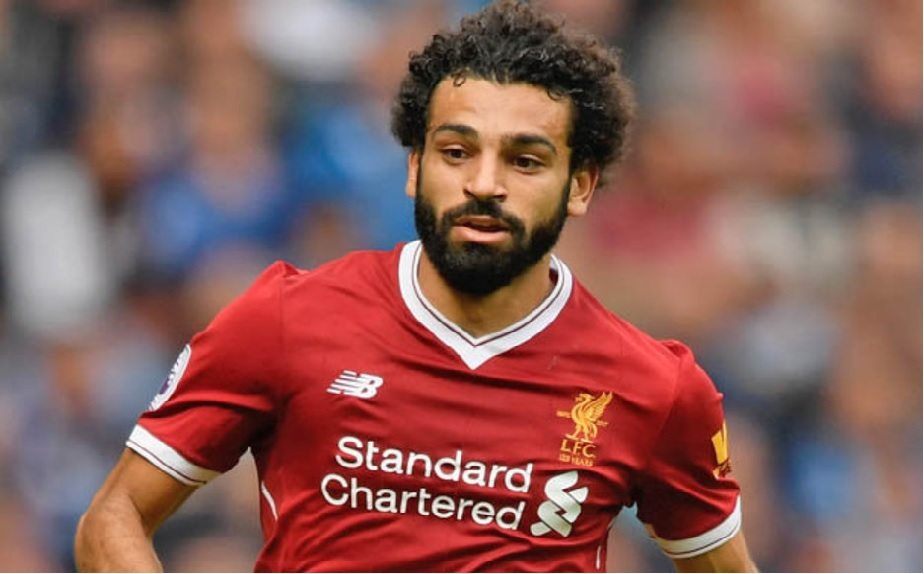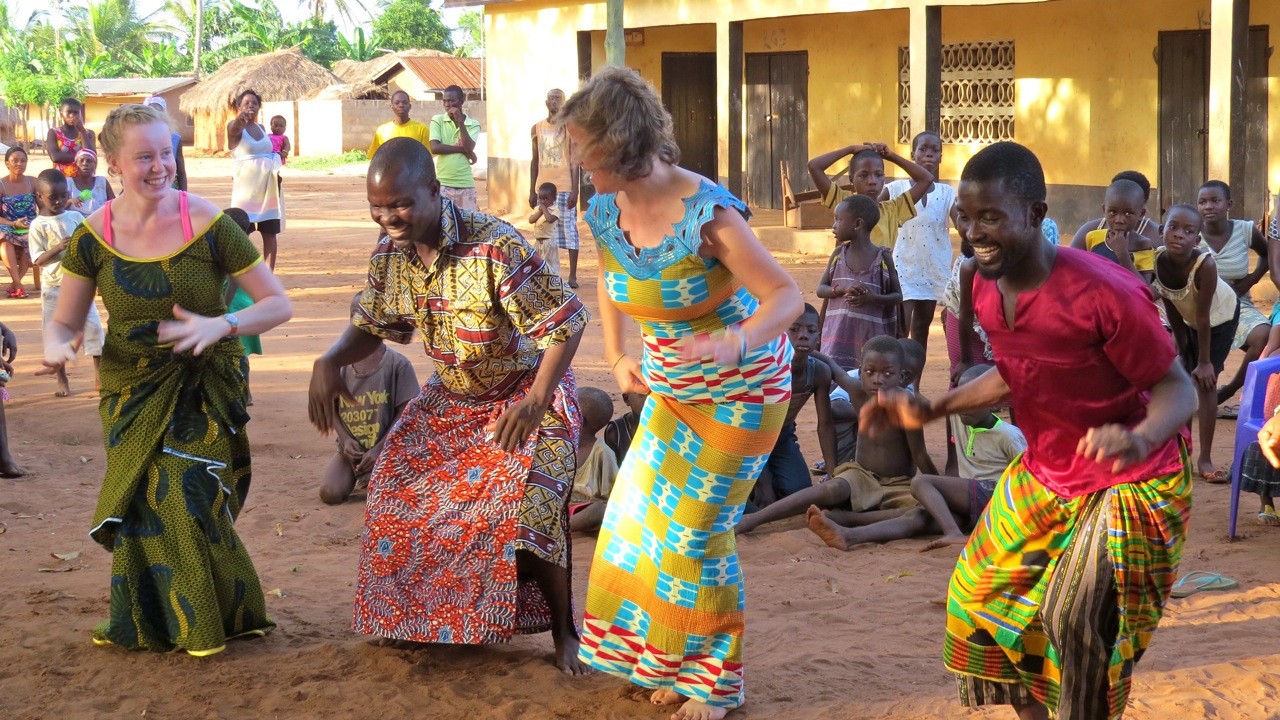
Ghana Language – Africa can boast of over a million languages, the idea of lingua franca still revolves around the question ‘ who colonized them?’ Language in the continent is a thing of tribe culture and region, but beyond that, it is also a thing of colonialism as well.
Ghana is a multilingual nation just like most other countries in Africa and just as different sources give different figures for the number of Languages in Ghana as spoken by the different tribes, there can only be one official language understood by all the tribal groups, and that is the colonial English language and lingua franca. In Ghana, there are about eighty (80) languages which are diverse in all regions of Ghana.
There are nine (9) government-sponsored languages spoken in Ghana supported by the Bureau of Ghana languages which were established in 1951. At the period when Ghanaian languages were used for primary education, these languages were used which belongs to the Niger-Congo language family.
See Also: 5 Shocking Bizarre Ghanaian Cultural Practices
Official Ghana Language(s) According to Ranks
Akan
This is part of the Kwa languages of the Niger-Congo region and also the most widely used with 45.3% of the ethnic group. The Akan is made up of four dialects, viz: Akuapem Twi, Asante Twi, Fante and Nzema. However, among these dialects only three are officially recognized; Akuapem Twi, Asante Twi and Fante.
Éwé
Besides being a Ghana language, Éwé is also spoken in Togo and Benin with a trace of it in western Nigeria. Ewe is a Gbe language, part of Volta-Niger branch of the Niger-Congo family with increasing population of about 2,250,000 in Ghana(2003).
Dagbani
This Ghana language is made of two ethnic languages; Dagaare and Dagbanli. The Dagbani is one of the Gur language (in Niger-Congo language), which belongs to the larger Mole-Dagbani ethnic group found in Ghana and Burkina Faso. It is spoken by Dagombas in the Northern Region of Ghana.
Dangme
Also known as Adangme is spoken in Greater Accra (Ghana), in south-east Ghana and Togo. Classified as one of the Ga-Dangme languages within the Kwa branch. The language is largely spoken by a population of about 800,000 (2004) and the dialects include Ada, Krobo, Ningo, Gbugbla, Osu, Shai.
Dagaare
Dagaare is a maternal language of the Dagaaba people in Ghana and Burkina Faso with a growing population of about 1,000000 since 2003. It’s a language spoken in the Upper West Region of Ghana, There is no known dialect attached to Dagaare language.
Ga
Ga is the name of the tribe and a Kwa language which is a part of the Niger- Gongo family and closely related to Adangme and together they form Ga – Dangme branch within Kwa. Ga is spoken in south-eastern Ghana, in and around the capital, Accra. Although English is the official language of Ghana, Ga is one of the languages in which the Bureau of Ghana Language publishes material.
See Also: 12 Unique and Stunning Ghanaian Traditional Wedding Cakes You Must See
Nzemaa
Closely related to Akan, it is spoken by the Nzema people in southwestern Ghana and southeast Ivory Coast. The population of people who speak Nzemaa are 262,000 in Ghana and 328,700 in other countries.
Kasem
This language is spoken in the Upper Eastern Region of Ghana and also in Burkina Faso
Gonja
Gonja is spoken in the Northern Region of Ghana and Wa, with a population of 230,000(2004).
The other languages include:
- Awutu,
- Avatime,
- Anyin,
- Anufo,
- Animere,
- Akposo,
- Ahanta,
- Adele,
- Adangbe,
- Adamorobe sign language,
- Abron,
- Buli,
- Bisa,
- Birifor,
- Bimoba,
- Chumburung,
- Cherepon,
- Chala,
- Chakali,
- Dwang,
- Dpmpo,
- Delo,
- Deg,
- Fulfulde,
- Farefare,
- Gikyode,
- Gua,
- Ghanaian
- Pidging
- English,
- Hanga,
- Hausa,
- Jwira-pepesa,
- Kabiyé,
- Kamara,
- Kantosi,
- Konkomba,
- Konni,
- Kplang,
- Krache,
- Kulango(Bouna and Bondoukou),
- Kusaal,
- Lama,
- Larteh,
- Lelemi,
- Ligbi,
- Logba,
- Mampruli,
- Nafaanra,
- Nawdu,
- Nawuri,
- Nchumbulu,
- Nkami,
- Nkonya,
- Ntcham,
- Nyangbo,
- Nzema,
- Paasaal,
- Safaliba,
- Sehwi
Suffice it to say that even though all of these Ghanaian languages are official and are well recognized, English is generally used in all the regions that speak these languages and has been upheld as the official language of Government and all other business purposes.
Meanwhile, The Minister for Education, Dr. Matthew Opoku Prempeh, announced Ghana’s commitment to promoting the teaching and learning of French as a second official language. Speaking in Paris during a linguistic pact between Ghana and the International Organisation of the Francophonie in 2018, the minister explained that Ghana is surrounded by French-speaking countries and that most ECOWAS countries had French as their official language.
Dr. Opoku also said it would be of great interests to pursue French as a Ghana language to enable the country to benefit more from the West African sub-region.
